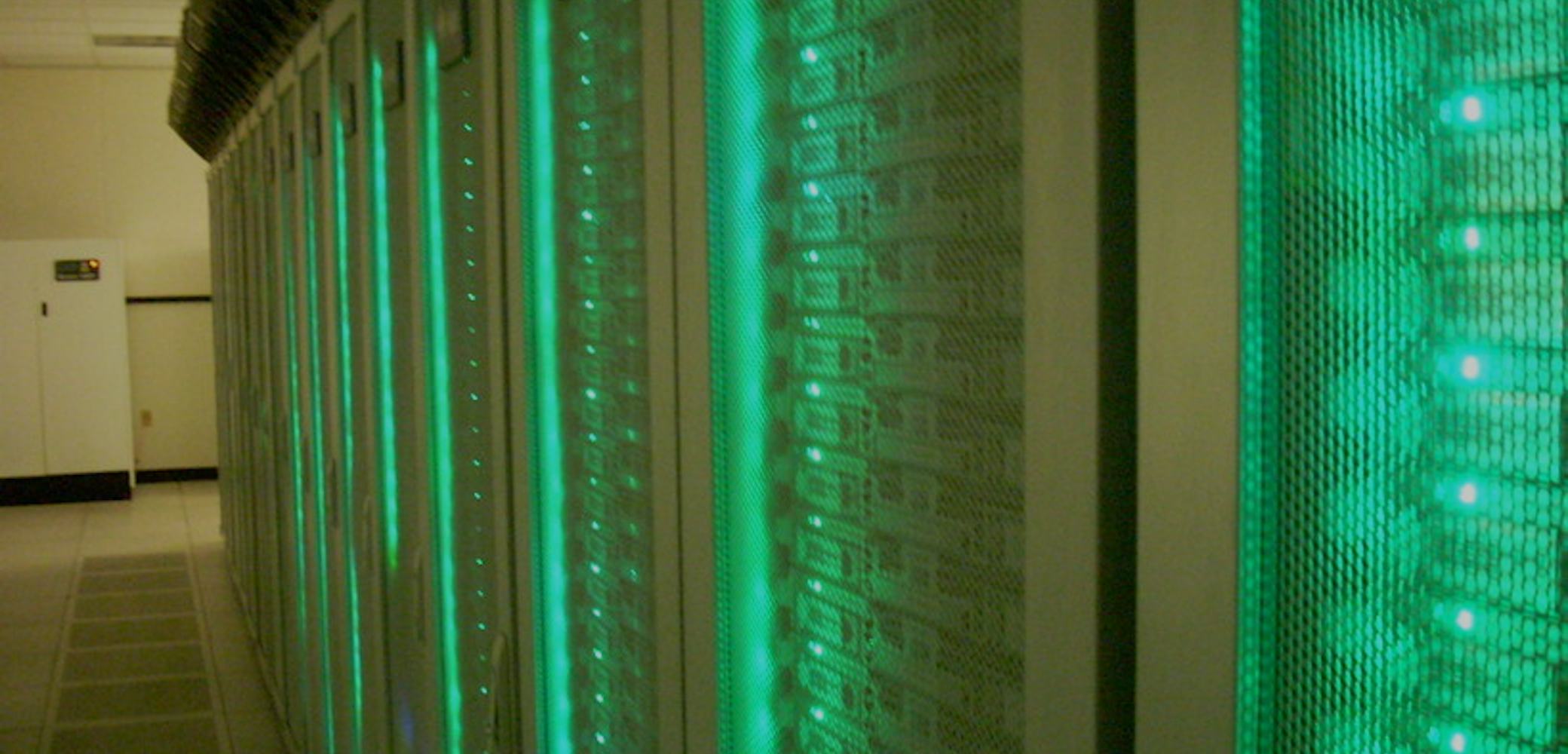In recent years, the field of quantum computing has garnered unprecedented attention, capturing the imagination of scientists, technologists, and the general public alike. Among the major players in this burgeoning field, Google has emerged as a pivotal force, unveiling its advancements in quantum computing technology. The inquiry at hand is: why has Google undertaken the ambitious endeavor of creating a quantum computer at this juncture? This question not only underscores the remarkable capabilities of quantum computing but also hints at several deeper motivations driving this monumental endeavor.
To comprehend Google’s foray into quantum computing, one must first acknowledge the fundamental principles that differentiate classical computing from quantum computing. Classical computers process information using bits, which exist in a binary state of either 0 or 1. Quantum computers, on the other hand, utilize quantum bits, or qubits, which can exist in multiple states simultaneously due to the phenomenon of superposition. This allows quantum computers to perform complex calculations at speeds unattainable by traditional computers, potentially revolutionizing fields such as cryptography, material science, and drug discovery.
The impetus behind Google’s pursuit of quantum computing can be traced to the insatiable demand for computational power in an increasingly data-driven world. As society produces an ever-expanding amount of information, the limitations of classical computing become more pronounced. Google’s desire to push those boundaries aligns with its overarching goal of organizing and making accessible the vast array of human knowledge. The nature of quantum computation, with its capability to tackle problems involving immense datasets and intricate variables, positions it as a solution to challenges that classical systems struggle to address. For instance, simulation of molecular interactions, predictive analytics for climate change, and optimization problems in logistics could all benefit from the quantum advantage.
Moreover, Google’s engagement with quantum computing resonates with its intrinsic culture of innovation and risk-taking. The tech giant is renowned for its mantra of “move fast and break things,” a philosophy that encourages exploration beyond the established frontiers of technology. Such a culture fosters an environment where audacious projects like quantum computing can flourish. However, this pursuit is not solely about technological advancement. It represents a narrative about positioning oneself as a leader in the next technological revolution.
Furthermore, a less conspicuous, yet profound motivation lies in the persistent quest for scientific knowledge. Quantum mechanics, the bedrock of quantum computing, remains one of the most enigmatic branches of physics. By delving into this realm, Google not only seeks practical applications but also aims to contribute to the fundamental understanding of the universe. This duality of purpose—practical application and theoretical exploration—embodies the essence of modern scientific inquiry. It is this intersection of utility and existential curiosity that propels innovative technologies forward and captivates the academic community.
In light of geopolitical considerations, the race for quantum supremacy also has significant implications. As international rivalries intensify, nations recognize the strategic importance of quantum technology in national security and economic competitiveness. With its substantial research investment, Google seeks to maintain its competitive edge not only against other tech giants but also against nation-states investing heavily in quantum research. The race for quantum advancement transcends corporate rivalry; it is emblematic of a broader contest that involves the very fabric of global technological leadership.
Another consequential aspect of Google’s quantum computer initiative is its potential impact on cryptography and security infrastructures. The rapid advancements in quantum computing pose existential threats to current encryption techniques, which underpin global digital security. Quantum computers possess the capacity to break widely used cryptographic systems. As a response, Google’s development of quantum capabilities is as much a defensive posture as it is an offensive one, aimed at ensuring that the corporation—and by extension, the broader internet ecosystem—remains secure in the face of this transformative technology.
It is essential to appreciate the interdisciplinary collaboration that quantum computing necessitates. The complexity of the challenges involved in building a viable quantum computer calls for expertise across diverse fields—physics, computer science, engineering, and mathematics, to name a few. Google’s integration of these disciplines exemplifies a modern academic ethos that seeks to dissolve the boundaries between traditional areas of study, thereby fostering holistic approaches to problem-solving. This collaborative spirit not only enhances innovation within Google but also fuels broader academic and industrial advancement.
As Google forges ahead with its quantum computing endeavors, the trajectory will undoubtedly spark renewed interest and investment in this auspicious area of research. The outcomes of such efforts could define not only the future of computing but also catalyze paradigm shifts across multiple spheres of human endeavor. Key relationships between quantum computing and artificial intelligence, for instance, have begun to surface, suggesting an era of ultra-augmented computational capabilities.
In summary, the creation of a quantum computer by Google serves multiple purposes that converge seamlessly: addressing the growing need for computational power, fostering innovation, contributing to scientific discourse, responding to geopolitical challenges, and preparing for future security needs. Each dimension interlocks with the others, forming a multifaceted rationale for this strategic move. As we stand on the brink of quantum technological revolution, it is imperative to remain cognizant of the profound implications that such advancements will undoubtedly bear on myriad aspects of life in the twenty-first century.












